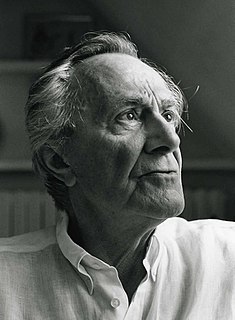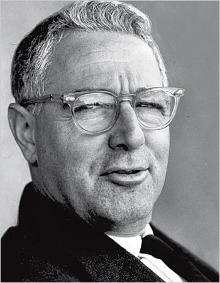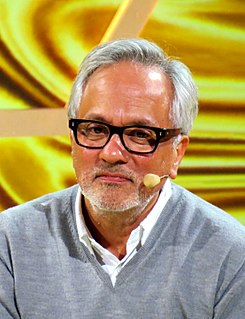A Quote by Tony Hoagland
The most prevalent poetic representation of contemporary experience is the mimesis of disorientation by non sequitor.
Quote Topics
Related Quotes
Poetic experience is distinct in nature from mystical experience. Because poetry emanates from the free creativity of the spirit,it is from the very start oriented toward expression, and terminates in a word proffered, it wants to speak; whereas mystical because it emanates from the deepest longing of the spirit bent on knowing, tends of itself toward silence and internal fruition. Poetic experience is busy with the created world and the enigmatic and innumerable relations of existents with one another, not with the Principle of Being.
Also in contemporary Western society the union with the group is the prevalent way of overcoming separateness. It is a union which the individual self disappears to a large extent, and where the aim is to belong to the heard. If I am like everybody else, if I have no feeling or thoughts which make me different, if I conform in custom, dress, ideas, to the pattern of the group, I am saved: saved from the frightening experience of aloneness.






































